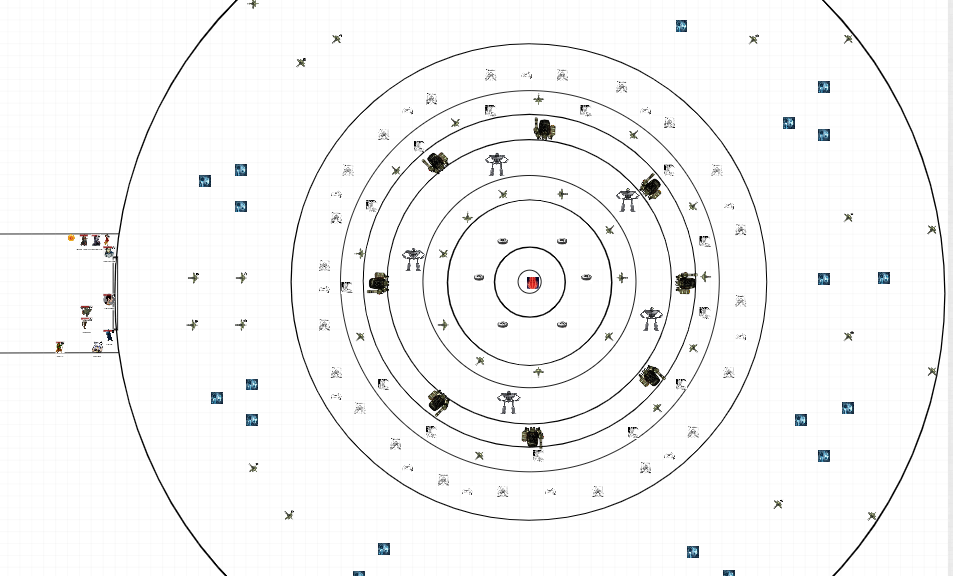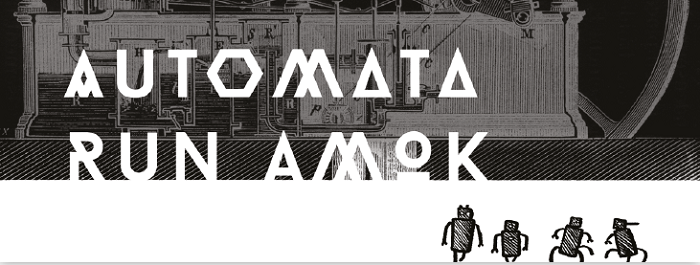Over the years, I have written about the Wednesday night AD&D game on Roll20. This past Wednesday, after 4.5 years, 1 year to the day in game time, and 221 Sessions we finally faced the big bad and won.
I shared some of my thoughts about this on the podcast here.
I find it only fitting to mention the ending here on the blog.
We started in mid-March, 2014, and ended Wednesday, October 3, 2018.
My first character of the campaign, Thorfus Ironhand, a dwarf who made it to 8th level fighter. He was on his way to 9th level when he died. Roll20 had terrible rolls for most of his HP after 1st level. He rolled several 1’s and 2’s. He ended up with 33 HP at 8th level.
My Ranger, Rallion of the Wode, who replaced him reached 7th level and 42 HP.
There were hundreds of named NPCs, dozens of businesses, ships, cities, towns, villages, and tribes. Custom pantheons and more.
My personal Roll20 hours are now at 1700.
The campaign is called Graveyard of Empires.
I’m the only player to attend every session. One of the other session one players attended and ran the character of an absent player, who unfortunately, had to work and missed the last session.
Our only breaks from the every Wednesday schedule are when the DM took vacation, Also this past Spring, when I attended Gary Con X. The other players agreed to skip a week so I didn’t have to miss. Their generosity is the only reason I was able to attend every session.
None of the original session 1 characters survived to the end through play. While some session 1 characters may still live, they are now NPCs as the players who created them left.
We had one player from session 1 join for a few sessions as a new character.
Another session 1 player rejoined twice and created new characters each time, but soon dropped out. He was the youngest player. (I was the oldest player.)
This was the longest campaign I’ve played in outside of my brother’s 30+ year AD&D campaign that is ongoing today. I have advanced few characters to the levels of the two characters in this campaign. I’ve played lots of fighters over the years, most were human. I don’t recall ever playing a ranger before, and that is because of the difficulty of rolling the required stats.
Now that it is over, I am looking forward to having Wednesday evenings free for a while.
My understanding from something the DM mentioned more than once, was that we would be ending the campaign whether we one or lost. Once the final battle was over, and we won, he mentioned continuing. I mentioned that I may be up to volume two, but only 3 hours a session, and no later than 11:00 PM. I need time to unwind after each session so I can get to sleep. Work can be a dreary thing without adding sleep deprived to it. Perhaps bi-weekly, instead of every week. I’m undecided on the frequency.
AUTOMATA RUN AMOK BY JOHN CARLSON – A module on OBS about our first adventure, illustrated by Luka Rejec of Wizard, Thief, Fighter. I did a mini-review of it on my blog, see below. Check out John’s blog, Dwarven Automata. John also contributed to The Black Isle.
John is working on the next adventure we undertook, and I very much look forward to it and more. We all encouraged John to do a setting guide. He has an interesting concept and I’m sure others will enjoy exploring that world.



